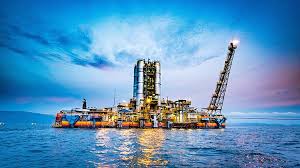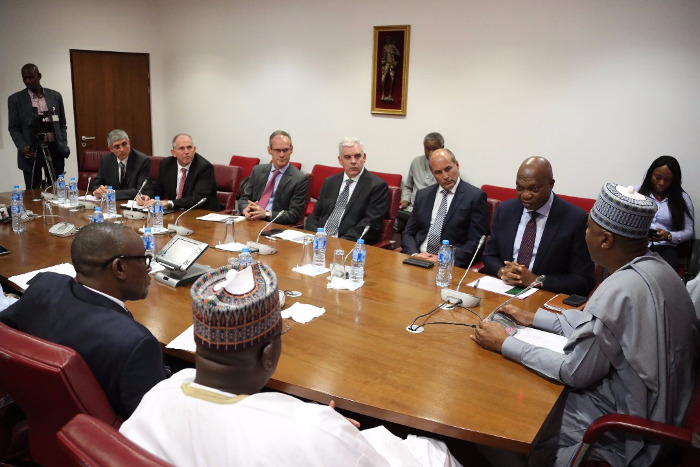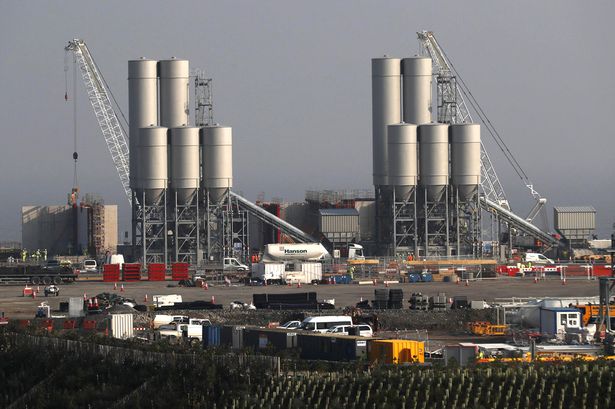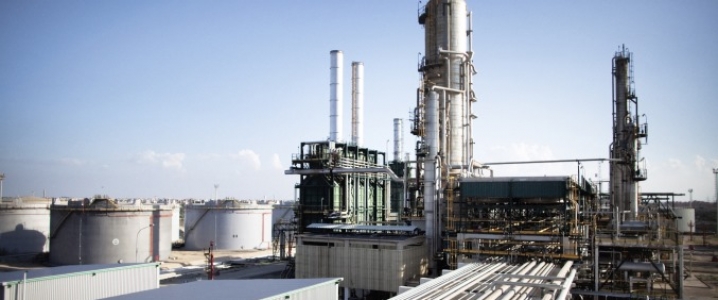Ten oil block licences, including the controversial Oil Prospecting Licence 245, held by international and local firms will expire in 2020 and 2021. The Punch has reported.
OPL 245, better known as Malabu oil block, is one of the biggest sources of untapped oil reserves on the African continent with reserves estimated at nine billion barrels.
Two oil majors, Shell and Eni, are embroiled in a long-running corruption case revolving around the purchase of the oilfield in 2011.
Shell and Italy’s Eni bought the OPL 245 offshore field for about $1.3bn in a deal that spawned one of the industry’s largest corruption scandals. It is alleged that about $1.1bn of the total sum was siphoned to agents and middlemen.
The oil block licences that will be due for renewal next year are Oil Mining Lease 119 and OPLs 305, 306, 215 and 241, according to data obtained from the Department of Petroleum Resources.
OML 119 is being operated by the Nigerian Petroleum Development Company, a subsidiary of the Nigerian National Petroleum Corporation; OPLs 305 and 306 by Crownwell Petroleum Limited; OPL 215 by Noreast Petroleum Nigeria Limited; and OPL 241 by Oilworld Limited.
OMLs 120, 121 and 122, as well as OPLs 245 and 1789, will expire in 2021.
OMLs 120 and 121 are operated by Allied Energy Resources Limited while Peak Petroleum Industries Nigeria Limited is the operator of OML 122.
The Nigerian Agip Exploration Limited and Shell Nigeria Ultra Deepwater serve as the operators of OPL 245, while OPL 1789 is operated by Oranto Petroleum Limited.
In December last year, the Federal Government of Nigeria said it had filed a $1.1bn lawsuit against Royal Dutch Shell and Eni in a commercial court in London in relation to the OPL 245.
The High Court of the Federal Capital Territory in Jabi, Abuja on Wednesday, ordered the arrest of the immediate past Attorney-General of the Federation, Mr Mohammed Adoke, a former Minister of Petroleum Resources, Dan Etete, and four others, who were named in the charges filed by the Economic and Financial Crimes Commission in relation to the sale of OPL 245.
According to the EFCC, the charges bordered on the fraudulent allocation of the OPL 245 and money laundering involving the sum of about $1.2bn, forgery of bank documents, bribery and corruption.
The alleged $1.2bn scam involved the transfer of the oilfield purportedly from Malabu Oil and Gas Limited to Shell Nigeria Exploration Production Co. Limited and Nigeria Agip Exploration Limited.
An OPL gives its holder the exclusive right to explore for and develop oil and gas within a defined area while an OML gives its holder the exclusive right to explore for, develop and produce oil and gas within a defined area.
An OPL is granted for a maximum of five years when granted over land and territorial waters. When granted over the continental shelf or an exclusive economic zone, it is for a maximum period of seven years. An OML is granted for a 20-year term but may be renewed upon written approval by the minister.
To apply for an OML, an OPL licence holder will have found oil in commercial quantities and satisfied all the conditions attached to the OPL, according to the Nigeria Extractive Industries Transparency Initiative.
NEITI noted that either licence could be revoked if “at the expiration of the block, the operator fails to operate the block in line with what is stipulated in the relevant petroleum laws and regulations” or “the operator fails to meet the stipulated minimum work programme for the conversion of the OPL to OML in the case of OPL blocks.”
OML blocks can be renewed for another term of 20 years upon payment of the relevant statutory fees provided the blocks justify the need for the renewal.
The oil firms whose leases are due to expire are expected to apply to the DPR for renewal.
“Holders of OPLs are required to relinquish 50 per cent of the block at conversion to OML. The relinquished portion is returned to the government. Similarly, holders of OMLs are required to relinquish 50 per cent of the lease 10 years after conversion to OML,” NEITI added.
According to the DPR, upon receipt of the application and payment of $2m application fees, the DPR assesses all the exploration and development efforts undertaken in the block to ensure that sufficient investments were made to optimally explore and develop it with due compliance to applicable rules and regulations.
It also assesses the production profile and production growth plan to ensure that sound reservoir management practice is adhered to for optimal maturation of the asset.






